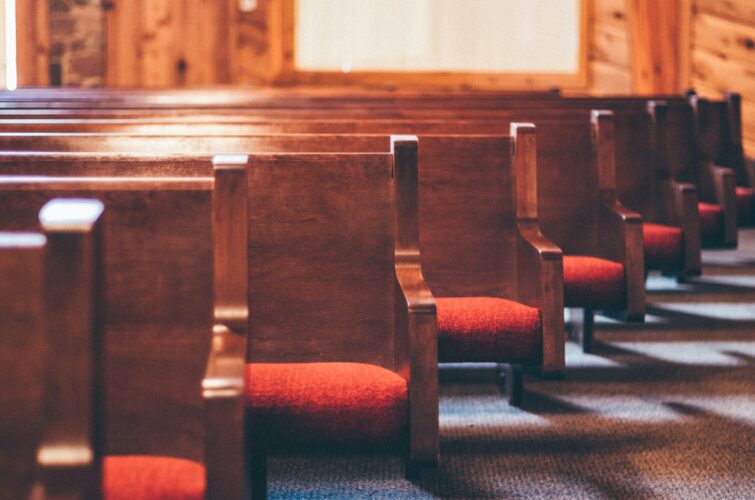The teaching course on government and accountability in congregations is called polity. To graduate and be ordained in the association I joined (Presbyterian, 1972), I had to take a course in polity. My first congregation, The First Hebrew Christian Church in Chicago, eventually became one of the first four Messianic Jewish congregations that continued into the future in North America. The name was changed to Adat HaTikvah. However, in the days before that, I sought to come to an understanding of biblical polity. What did I come to believe? Here is a little instrument to help people deal with the question. The survey is a yes or no survey. I note that there are some people who would agree with the statements listed. This will help you to think out where you stand in the light of the Bible’s teaching.
- I believe that local congregations should be run by a senior pastor who should make all the final decisions, and all members should submit to him. He may have advisory elders, but the decisions are his to make. ( ) Yes ( ) No
- I believe congregations should be primarily governed and run by a plurality of elders without any designated lead elder or pastor. ( ) Yes ( ) No
- I believe that though the final authority in a congregation is in the plurality of elders, there should be a lead elder or pastor-teacher that gives leadership and casts the primary vision for the congregation. ( ) Yes ( ) No
- I believe that the final authority in a congregation should be by the vote of the members. ( ) Yes ( ) No
- I believe that congregation members, though not the final authority, are part of the decision-making process and should confirm major directional decisions and the budget from the elders before the elders can move forward. ( ) Yes ( ) No
- I believe congregations should be fully independent. ( ) Yes ( ) No
- I believe that congregations and their leaders should be linked in associations and mutually accountable. ( ) Yes ( ) No
- I believe that the right model of congregational government and leadership is not independence or under the commandment of an association leader, but semi-autonomous where the decisions are primarily the responsibility of the local elders but where an issue of moral failure or in other crises, the leaders of the association will be involved to help resolve such matters. ( ) Yes ( ) No
- I believe that God raises the leader of an association and all should submit to him as the decision-maker for the association and for all the congregations in the areas where he chooses to make decisions and policy. Other matters are left to the local leaders. ( ) Yes ( ) No
- I believe that congregations and leaders are organized better when they are members of associations where equipping leaders can travel to strengthen congregations through their equipping ability. Equipping also takes place in joint gatherings. ( ) Yes ( ) No
- I believe that it is important to define government in written documents locally and also in writing for associations so that there are checks and can balances so all are protected from imbalance. ( ) Yes ( ) No
- I believe that it is best to not define government in writing, either locally or in associations, since we should just trust one another and be led by the Spirit. ( ) Yes ( ) No
- Associations of congregations are stronger and more fruitful if they are led by a visionary and capable leader. ( ) Yes ( ) No
